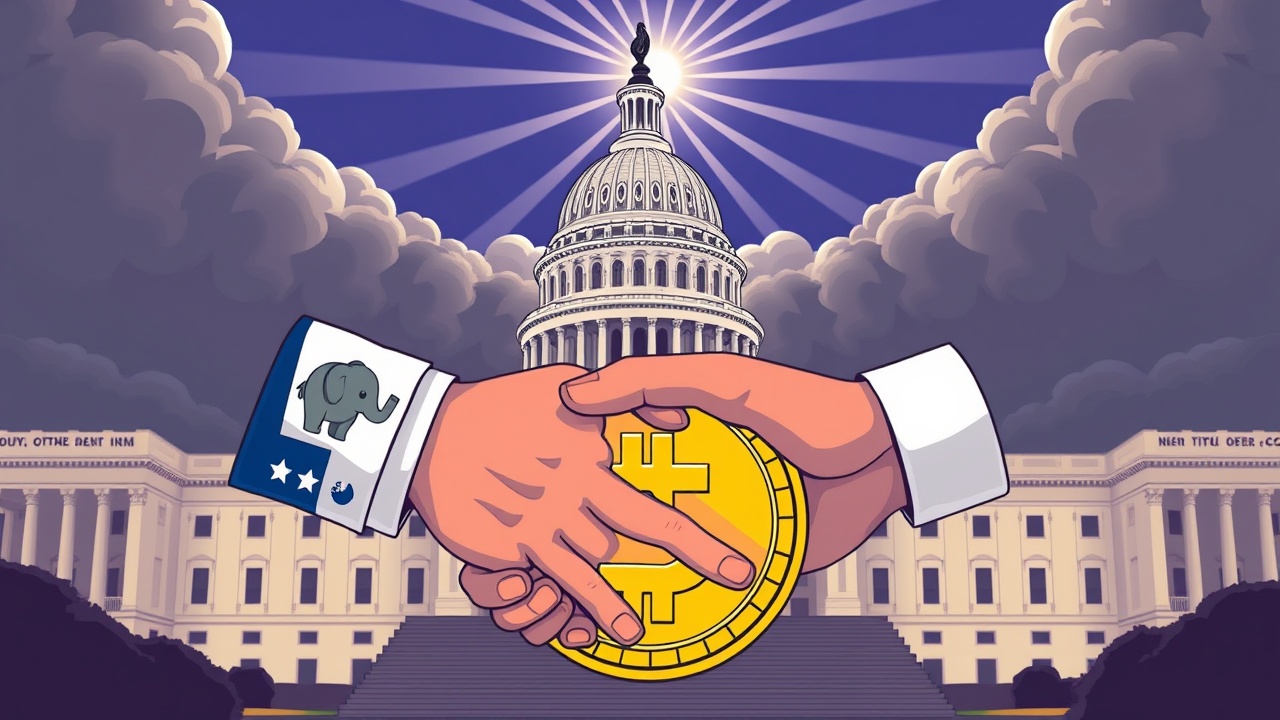Bipartisan Efforts in the U.S. Senate
Bipartisan efforts are gaining momentum in the U.S. Senate to revive stablecoin legislation that has faced hurdles, particularly due to past controversies involving former President Donald Trump’s cryptocurrency portfolio. This renewed push is emerging as lawmakers, including Tennessee’s Senator Bill Hagerty, express optimism for progress before the upcoming holiday break on May 26.
Hagerty emphasized the urgency of this legislative effort, stating, “It’s time to see if rationality can prevail,” amidst concerns that the Senate will shift its focus to Republican fiscal and tax initiatives thereafter.
Significance of Legislative Progress
The drive to pass this legislation is significant, considering the partisan divide over issues such as crypto regulations. Progressive Democrats, including Senator Elizabeth Warren, have advocated for prohibiting Trump and other officials from profiting off cryptocurrency during their tenure, a measure that has faced staunch opposition from Republicans. Meanwhile, Senate Majority Leader Chuck Schumer has voiced dissatisfaction over the lack of public access to the text of the proposed bipartisan compromise.
Support from Democratic Senators
On the Democratic side, Senator Angela Alsobrooks of Maryland, who is the first Democratic co-sponsor of the bill, has indicated that she and her colleagues in the Banking Committee are committed to advancing this initiative. The legislation will require a minimum of 60 votes to pass in the Senate, making bipartisan cooperation essential.
Industry Lobbying for Legislative Passage
Furthermore, the crypto sector is actively engaged in lobbying efforts to ensure the passage of this legislation. Leaders from the industry, including Coinbase’s CEO, are advocating for an end to the legislative impasse, especially as the digital asset industry has substantially invested in supporting lawmakers who align with their interests during the last election cycle, a trend they anticipate will continue as the 2026 mid-term elections approach.




